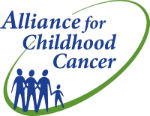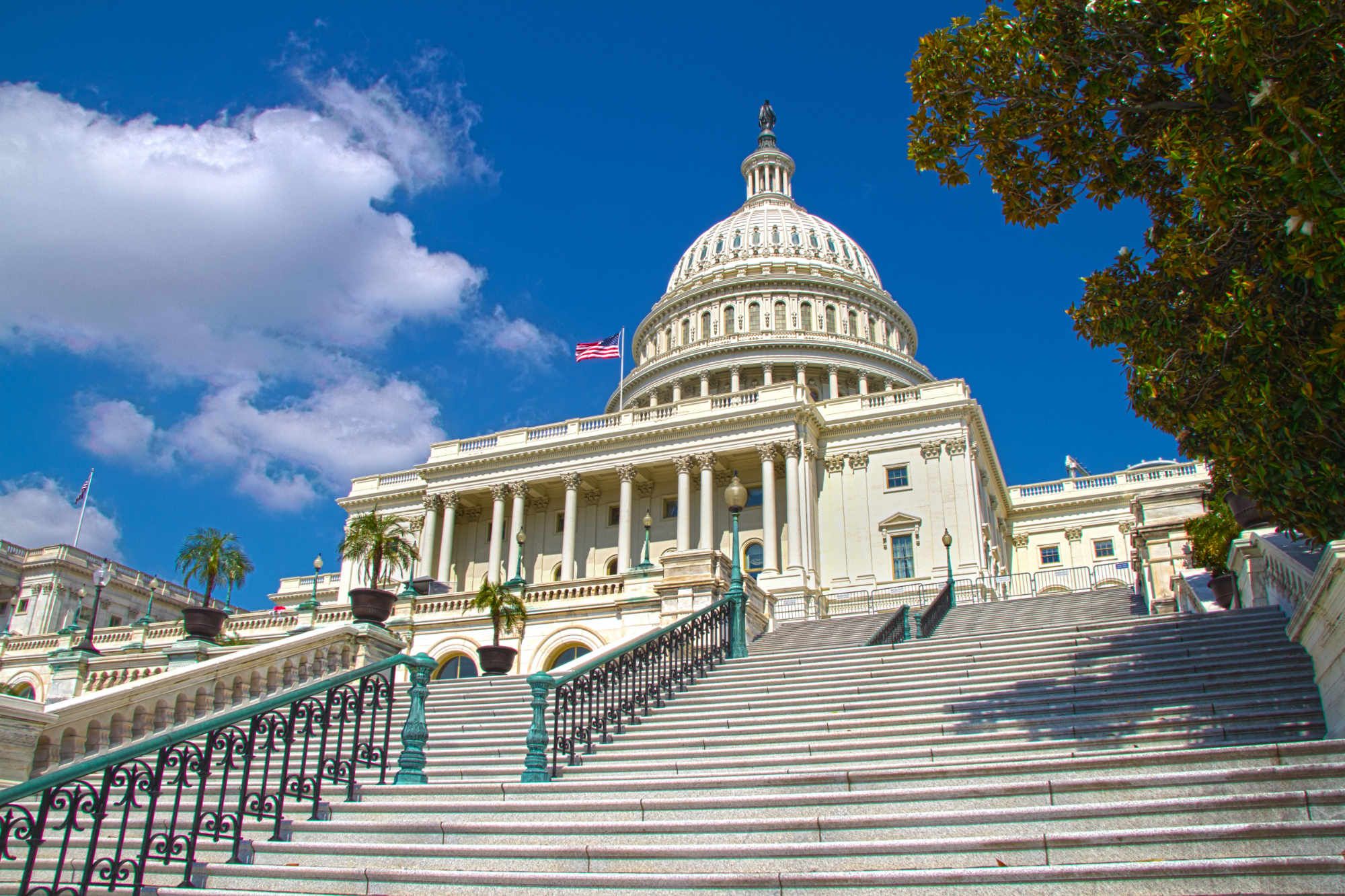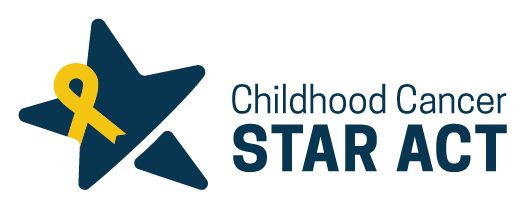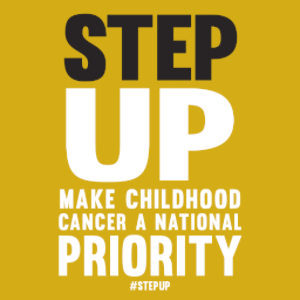The Honorable Roy Blunt
Chairman
Appropriations Subcommittee on Labor, Health & Human Services
U.S. Senate
S-128 The Capitol Building
Washington, D.C. 20510
The Honorable Patty Murray
Ranking Member
Appropriations Subcommittee on
Labor, Health & Human Services
U.S. Senate
154 Russell Senate Office Building
Washington, D.C. 20510
Dear Chairman Blunt and Ranking Member Murray:
The undersigned childhood cancer organizations, consisting of patient advocacy groups, healthcare professionals and scientific organizations represent millions of Americans who care deeply about childhood cancer. As such, we appreciate your tremendous ongoing leadership in Congress to make childhood cancer a national child health priority.
As Congress considers the fiscal year (FY) 2019 Labor, Health & Human Services, Education and Related Agencies Appropriations bill, we ask you to consider our funding priorities as well as specific request for report language related to childhood cancer.
NIH and NCI Funding
We join with the leading national cancer organizations in requesting the following funding levels for medical research:
• $2 billion increase for the National Institutes of Health (NIH) plus a $215 million increase from 21st Century Cures funding for a total of over $38 billion.
• Over $400 million increase for the National Cancer Institute (NCI) for a total of over $6.2 billion.
Childhood Cancer Funding
Within these funds, we are committed to working with Congress and the National Institutes of Health to ensure that childhood cancer becomes a higher priority. Each year in the U.S. an estimated 15,780 children are diagnosed with cancer. Approximately 1 in 285 children in the U.S. are diagnosed with cancer before their 20th birthday. Annually there are more than 300,000 children diagnosed with cancer worldwide. Unfortunately, cancer remains the most common cause of death by disease for children in America.
We have made significant advances to develop better treatments for the most common forms of childhood cancer. However, for many other types, progress is limited, and for too many children there is no available cure. Two-thirds of children treated for childhood cancer will suffer long-term effects from treatment including loss of hearing and sight, heart disease, secondary cancers, learning disabilities, infertility and more.
To ensure that childhood cancer is a top priority for the NIH, we respectfully request that Congress include the following report language in the FY 2019 Labor, Health & Human Services, Education and Related Agencies Appropriations bill.
National Cancer Institute: Children’s Oncology Group
The Committee continues to support the important work of the Children’s Oncology Group and we encourage the NCI to continue to maintain their important role in drug development. Pediatric cancer patients and their families rely heavily on the trials run by the Children’s Oncology Group. The vast majority of childhood cancer patients are enrolled in trials conducted by the Children’s Oncology Group and advances in treatment are dependent on their ability to conduct trials quickly and enroll as many pediatric patients as possible.
National Cancer Institute: Office of Cancer Survivorship
The Committee recognizes that the Office of Cancer Survivorship (OCS) is important for the leadership it provides in research on a wide range of cancer survivorship topics. However, the Committee recognizes that the needs of childhood cancer survivors are unique. By 2020, there will be at least 500,000 childhood cancer survivors in the U.S. Two-thirds of childhood cancer survivors suffer from at least one health problem – late effect – caused from their treatment. The Committee urges that the OCS provide a special focus in the area of childhood cancer survivorship. We encourage new NCI research requests regarding children surviving after treatment on emerging targeted and immune-therapies as well as a standard of care. The Office should work quickly to analyze secondary prevention strategies that go beyond the standard and routine therapies of diet, exercise and tobacco avoidance and focus on specific needs for childhood cancer survivors such as psycho-social treatments.
National Cancer Institute/Food and Drug Administration: Collaboration Between Agencies regarding Pediatric Investigation of Appropriate New Drugs
The Committee recognizes that Title V of FDARA amended PREA to support the early evaluation of potentially effective drugs by requiring pediatric investigation of appropriate new drugs intended for adults with cancer. The law directs the FDA, in collaboration with the NCI, to establish, publish, and regularly update a list of molecular targets considered on the basis of data the Agency determines to be adequate, to be substantially relevant to the growth or progression of pediatric cancers, and that may trigger the requirement for pediatric
investigations. We encourage the FDA and the NCI to continue to collaborate with the patient community and to conduct a transparent and inclusive process to implement FDARA in a timely manner.
Thank you for your consideration and continued support in the fight against childhood cancer.
Sincerely,
American Cancer Society Cancer Action Network
American Childhood Cancer Organization
American Society of Clinical Oncology
American Society of Pediatric Hematology/Oncology
Association of Pediatric Hematology-Oncology Nurses
Association of Pediatric Oncology Social Workers
B+ Foundation
Children’s Brain Tumor Foundation
Children’s Cause for Cancer Advocacy
Children’s Oncology Group
CureSearch for Children’s Cancer
Leukemia & Lymphoma Society
National Brain Tumor Society
National Children’s Cancer Society
Rally Foundation
Sarcoma Foundation of America
St. Jude Children's Research Hospital
American Association for Cancer Research



